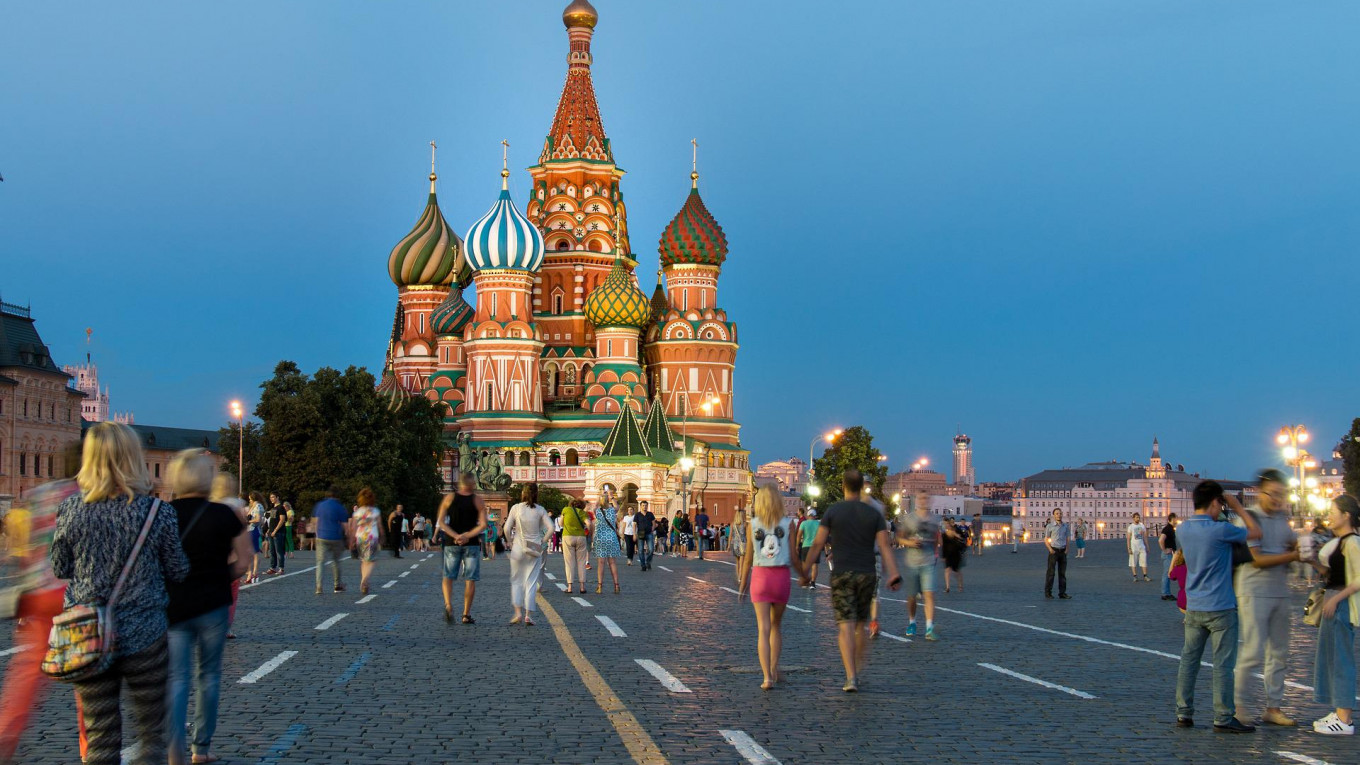The polls have closed for Russia's 2016 parliamentary elections, with the first exit polls showing no real surprises: President Vladimir Putin's party of power, United Russia, stands to remain the dominant force in Russian parliamentary politics. According to exit polls, the party looks to claim up to 49.4 percent of Sunday's vote, according to the Public Opinion Fund (FOM), a state-funded pollster.
According to another state pollster, the Russian Public Opinion Research Center (VTsIOM), United Russia took 44.7 percent of the vote. Support for the party appears to have been strongest in regions with high voter turnout.
The two state pollsters differed on which sanctioned opposition party took second place in the election. According to FOM, Russia's Communist Party held onto its second-place spot with 16.3 percent of the vote. However, VTsIOM has the Liberal Democratic Party (LDPR) in second with 15.3 percent to the Communist party's 14.9 percent. FOM had LDPR at 14.3 percent.
Meanwhile, efforts by Russia's fractious opposition parties were mired by low turnout in urban centers like Moscow and St. Petersburg, where support for liberal-minded or otherwise opposition-focused movements was at least measurable. Yabloko, the leading liberal opposition party, pulled in just 2.6 percent of the vote, according to FOM. (The party managed to rake in 3.4 percent of the vote, according to VTsIOM.) By failing to pass the five-percent threshold, Yabloko will not gain representation in the Duma, unless one of its candidates can win a seat in a single-mandate contest.
A source close to the Kremlin told The Moscow Times that officials expect United Russia to win more than 300 seats in the Duma (in both the proportional voting and winner-take-all races), giving the party a majority large enough to amend the Russian Constitution. “This is possible,” the source said.
The only other party to pass the five percent threshold was A Just Russia, which won 7.6 percent of the vote according to FOM, and 8.1 percent according to VTsIOM.
Numbers published by the Central Election Commission at 6 p.m., Moscow time (two hours before polls in the capital closed), indicated a sharp drop in voter participation. National turnout is estimated to have been just 40 percent this year — ten percent lower than five years ago, when Russians last voted for parliament.
A Message from The Moscow Times:
Dear readers,
We are facing unprecedented challenges. Russia's Prosecutor General's Office has designated The Moscow Times as an "undesirable" organization, criminalizing our work and putting our staff at risk of prosecution. This follows our earlier unjust labeling as a "foreign agent."
These actions are direct attempts to silence independent journalism in Russia. The authorities claim our work "discredits the decisions of the Russian leadership." We see things differently: we strive to provide accurate, unbiased reporting on Russia.
We, the journalists of The Moscow Times, refuse to be silenced. But to continue our work, we need your help.
Your support, no matter how small, makes a world of difference. If you can, please support us monthly starting from just $2. It's quick to set up, and every contribution makes a significant impact.
By supporting The Moscow Times, you're defending open, independent journalism in the face of repression. Thank you for standing with us.
Remind me later.






